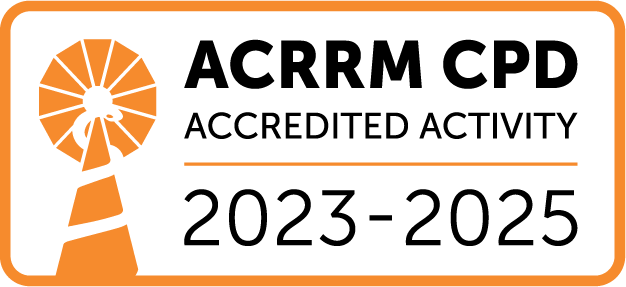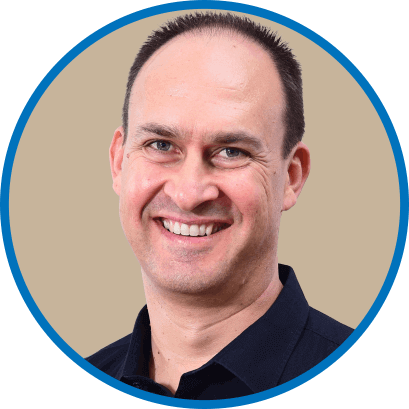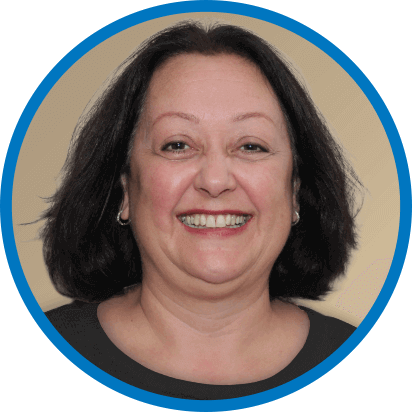COURSE DELIVERY and ASSESSMENT
Each of the three levels of this course consists of eight modules which are delivered online and can be viewed and replayed at any time. All courses include:
- All presentation slides available for download.
- Access to additional learning resources, reference materials and video lectures.
- Reading list with references to peer-reviewed journal articles to keep up-to-date with developments in the field.
- Web-based support with the opportunity to ask the instructors questions while you implement your learning.
There is a six-month exam period for the Professional and Advanced Certificates. In order to pass the assessment and progress to the next course, you must complete the assessment online. Exam extensions are available on a case by case basis.
Online activities for the Professional and Advanced Certificates include a pre-course activity, responding to interactive case discussions, knowledge- and scenario-based questions, two interactive webinars, and a post-course activity.
Online activities for the Professional Diploma level include a pre-course activity, literature review, responding to interactive case discussions, knowledge- and scenario-based questions, two interactive webinars, and a post-course activity. A clinical audit is also a module of the Professional Diploma designed to demonstrate your application of learning in clinical presentations. The clinical audit is separately accredited.
Online assessment
In order to meet the requirements of professional and academic learning, the course assessment includes professional requirements and two online examinations.
- Develop a report/explanation of how the learning from this course will help you with your professional development. - All certificate levels
- Complete a literature review of three articles nominated by the course chair. - Professional Diploma only
- Complete a clinical audit (separately accredited) to demonstrate application of learning. - Professional Diploma only
- There is a knowledge-based examination and an application-based examination which are both equally weighted. The pass mark for online examinations is 80 per cent. It is therefore not possible to pass this course on knowledge alone; knowledge must be successfully applied to patient cases in order to pass the course. - All certificate levels
- Explanation of how the learning from this course has helped you with your professional development. - All certificate levels
HealthCert recommends completion of all requirements at your convenience within six months of the start of a cohort for the Professional and Advanced Certificates and within 12 months for the Professional Diploma.

 1800 867 1390
1800 867 1390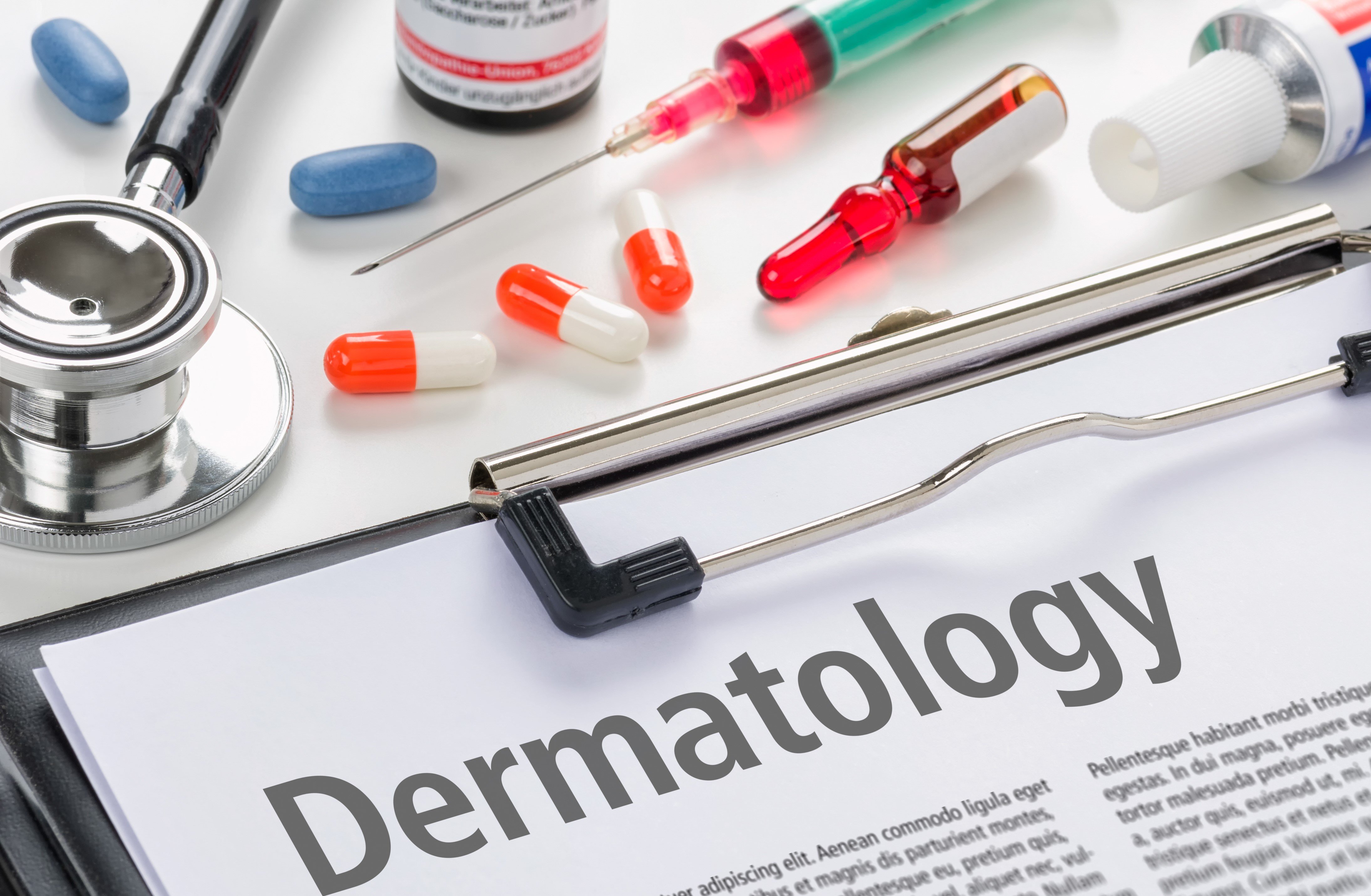





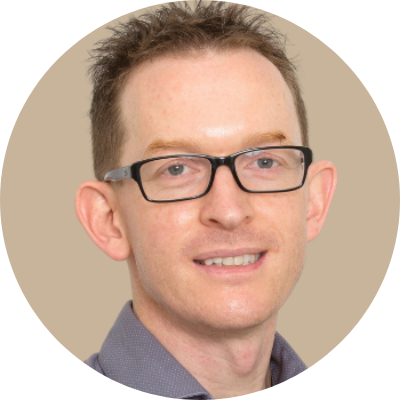




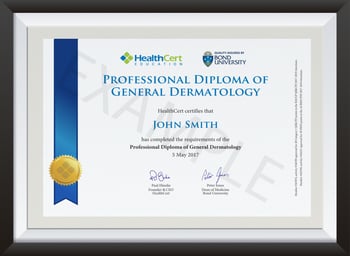 Upon successful completion of the exam, course participants will receive the respective Certificates of General Dermatology and below points.
Upon successful completion of the exam, course participants will receive the respective Certificates of General Dermatology and below points. 
